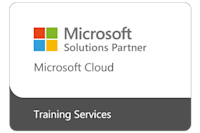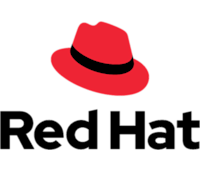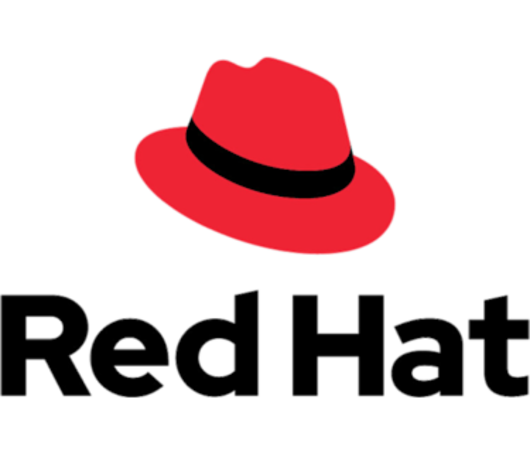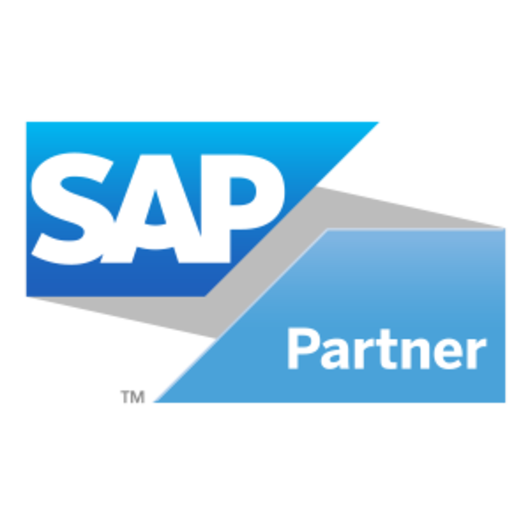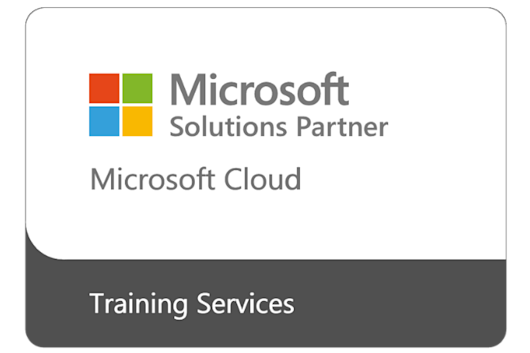Business apps can streamline operations and drive the success of the whole organisation. But what are they, and what are examples of business applications? We share insights.
Software applications are pivotal in enhancing efficiency, productivity, and overall performance. Business software applications are specialised programs that address various organisational, operational needs and processes. They help streamline tasks, automate workflows, and facilitate data management, ultimately contributing to better decision-making and improved business outcomes. Let's explore the key categories of business software applications and their uses with examples.
1. Enterprise Resource Planning (ERP)
Enterprise Resource Planning software is a comprehensive application suite that enables organisations to seamlessly manage various aspects of their operations. ERP systems integrate data and processes across different departments, providing a unified view of business activities. This streamlines finance, human resources, supply chain management, and manufacturing.
Example: SAP ERP
SAP ERP is a widely-used ERP software that helps organisations optimise their business processes. It offers modules for financial management, procurement, production, sales, and more, allowing companies to enhance efficiency and gain insights into their operations. Courses like Authorization Concept for SAP S/4HANA and SAP Business Suite (ADM940) equip students with a knowledge of SAP ERP 6.9 EHP8.
2. Customer Relationship Management (CRM)
Teams use CRM software to manage interactions and relationships with customers and potential clients. It helps organisations track sales leads, manage customer information, and improve customer service by providing a centralised database for customer-related data.
Example: Salesforce
Salesforce is a leading CRM solution that empowers businesses to manage customer interactions, track sales opportunities, and create personalised marketing campaigns. It facilitates better customer engagement and retention. The Certified Salesforce Professional (Administrator) (CSPA) boot camp is available through Lumify Learn.
3. Project Management Software
Project Management software helps teams plan, execute, and monitor projects efficiently. It provides tools for task scheduling, resource allocation, collaboration, and progress tracking, ensuring that projects are completed on time and within budget.
Example: Microsoft Project and SAP
Business apps on Microsoft include Microsoft Project, a popular project management software offering features like Gantt charts, task dependencies, and resource management. It helps organisations manage complex projects and optimise resource allocation. The Microsoft Project - Beginner course by Nexacu comprehensively covers the basics of using Microsoft Project. SAP Ariba Sourcing: Creating Events and Managing Projects (AR111) teaches students how SAP Ariba Sourcing makes sourcing project management faster and easier through many features.
4. Accounting Software
Accounting software simplifies financial management by automating accounting processes, including invoicing, expense tracking, and financial reporting. It helps organisations maintain accurate financial records and comply with tax regulations.
Example: QuickBooks
QuickBooks is a widely used accounting software that caters to businesses of all sizes. It allows users to easily manage finances, create invoices, track expenses, and quickly generate financial statements.
5. Communication Software
Communication software facilitates effective communication and collaboration among team members within an organisation and with external stakeholders. It includes email, instant messaging, video conferencing, and document-sharing tools.
Example: Microsoft Teams
Microsoft Teams is a comprehensive communication and collaboration platform that offers chat, video conferencing, file sharing, and integration with other Microsoft Office applications. It enhances team communication and productivity, especially for remote or dispersed teams. Courses on Microsoft 365 apps for business include Microsoft MS-700T00 - Managing Microsoft Teams, designed for administrators, while Microsoft Teams Essentials is designed for end-user staff.
6. Inventory Management Software:
Inventory Management software helps organisations track, manage, and optimise inventory levels. It provides real-time visibility into stock levels, reduces carrying costs, and ensures products are available when needed.
Example: Zoho Inventory and SAP
Zoho Inventory is a cloud-based solution that allows businesses to automate order management, track stock levels, and manage multiple sales channels. It helps organisations streamline their supply chain operations. Training on SAP Inventory Management and Physical Inventory (SCM510) gives staff a comprehensive overview and in-depth knowledge of the inventory management process in SAP.
In summary, business applications are indispensable tools that empower organisations to operate efficiently, make informed decisions, and stay competitive in a dynamic business environment. Whether it's managing finances, nurturing customer relationships, overseeing projects, or optimising inventory, there's a software application designed to meet specific business needs. By leveraging these applications, businesses can enhance productivity, reduce operational costs, and pave the way for sustainable growth and success.
You can equip the administrators in your team with the skills to manage these business application solutions through training with Lumify Work (formerly DDLS Training). We have a presence throughout Australia with learning centres in Sydney, Melbourne, Brisbane, Canberra, Adelaide, and Perth.
